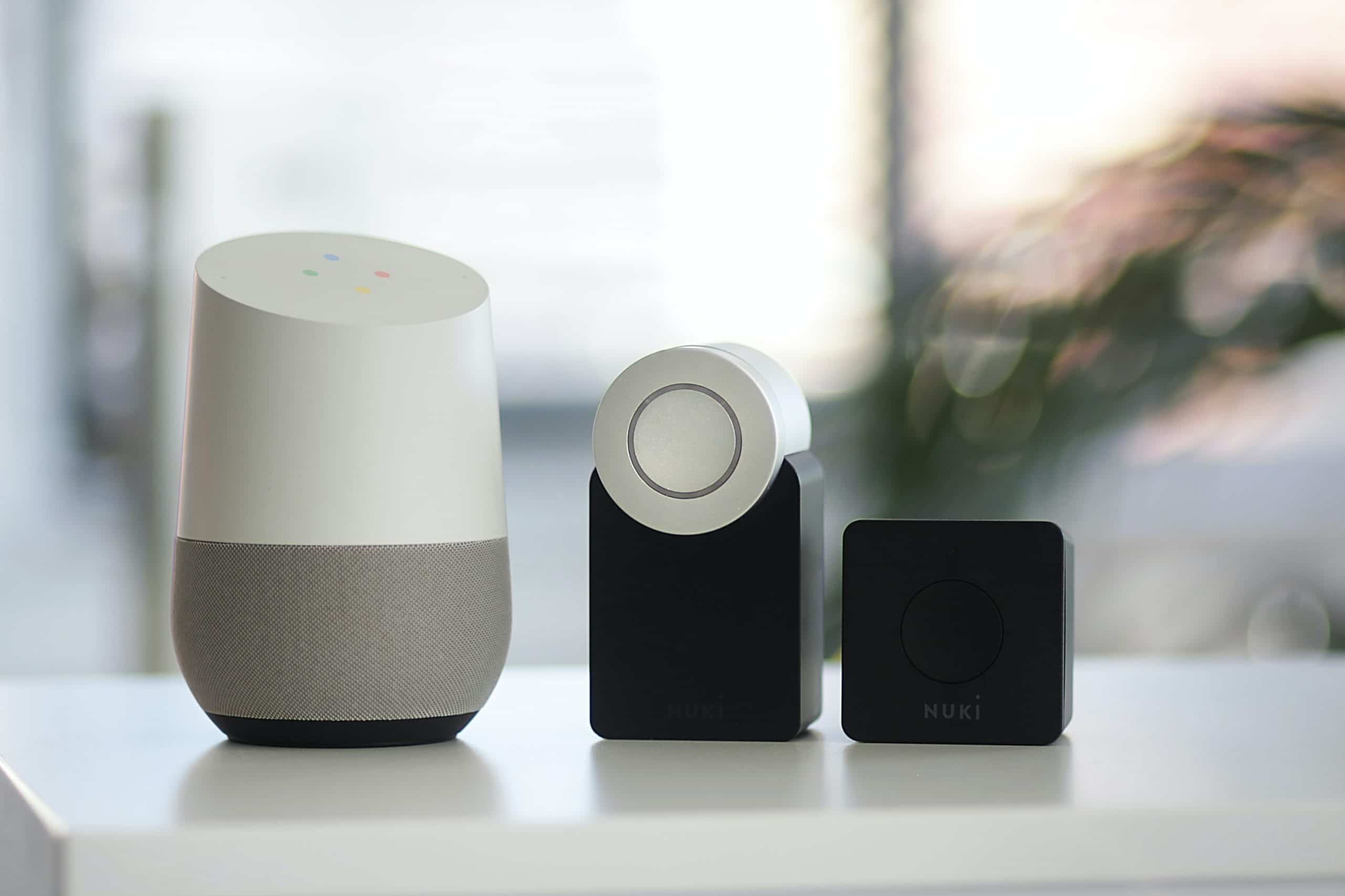What are you willing to give up for service? Let’s be honest, everyone’s basic information is publicly available online. If you’ve not been paying attention, perhaps more of your information will show up there. Social networks and other domains have been hacked more frequently, and the rise of digital terrorism and pirating is on the rise with IoT (the Internet of Things). More access points simply lead to more threats of access. This Christmas, how far will you go?
In recent years, as smart home devices began infiltrating the mainstream, and prices started becoming more accessible, The Guardian asked “Will you be getting a smart home spy for Christmas?” Chris Stokel-Walker discussed the lengths that we will go to provide data for convenience:
> The level of granularity these companies get about how we live our lives by installing devices in our homes gives the manufacturers an unparalleled insight into our habits and our preferences, making it even easier to sell us their products. For Google and Facebook, that’s acting as a broker to third-party companies; for Amazon, a massive global marketplace, the company can sell to us directly.
In fact Alexandra Deschamps-Sonsino, author of Smarter Homes: How Technology Will Change Your Home Life, says:
> It’s very clear what they’re trying to do: sell you more stuff through third-party use of your own information.
Knowing that these devices are listening to conversations in the home, is there a line that you are unwilling to cross?
According to Lee Tien, senior staff attorney at the Electronic Frontier Foundation (EFF):
> We generally assume that they collect all the data their sensors enable them to collect, but we don’t know the sensors’ capacity or how long they retain the data they collect.
As you gear up for Christmas, how seriously are you taking the privacy you have, and are you thinking about the data potentially being collected?
Reality Changing Observations:
1. What smart devices do you already have at home that collect your personal data?
2. Have you audited your web-enabled devices at home for security vulnerabilities?
3. What could you do to better understand your technology privacy risk?





